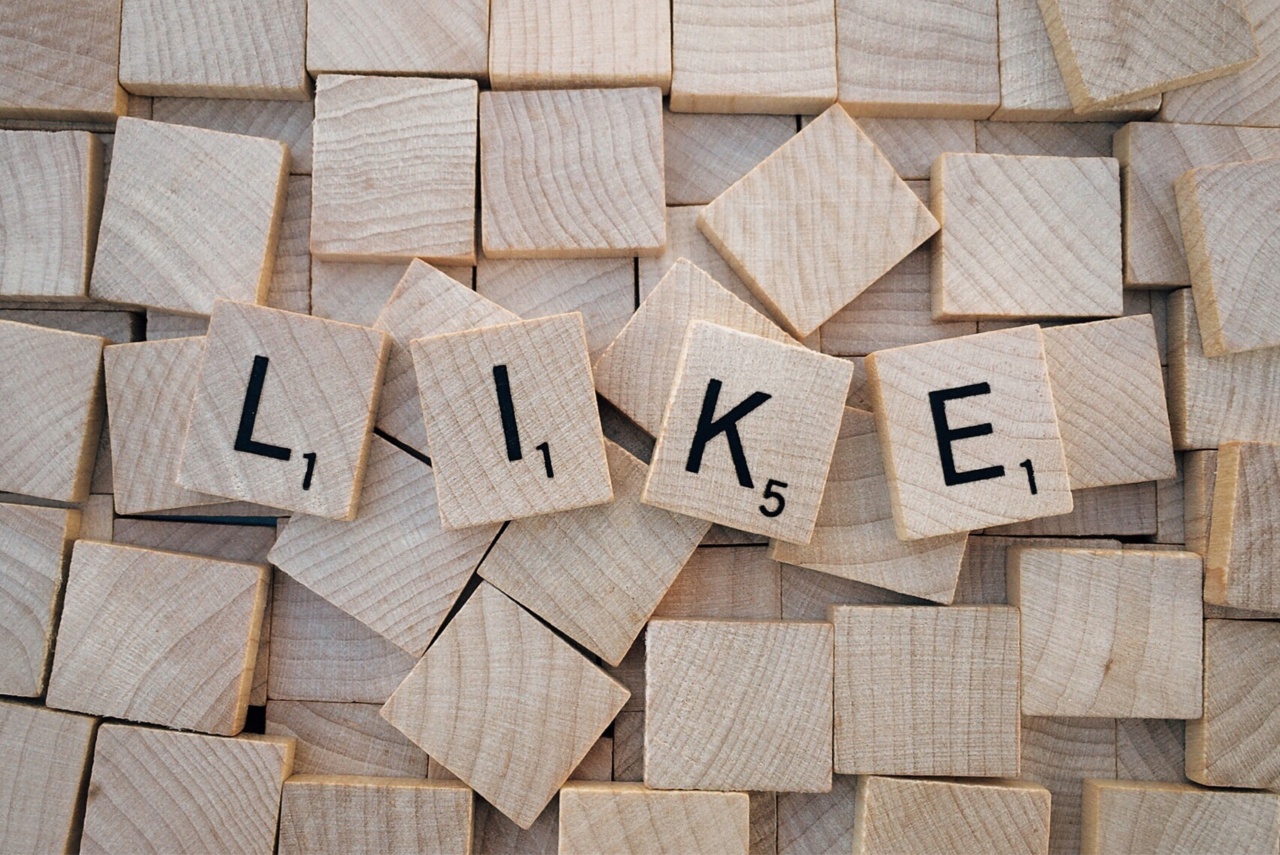Social rejection is an inherent part of human existence. From the moment we are born, we seek connection and acceptance from others. However, there are times when we experience social rejection, which can have a profound impact on our well-being.
Interestingly, research suggests that social rejection can actually feel like a physical threat to our bodies, triggering a range of physiological responses and emotional distress. In this article, we will explore why social rejection can feel like a physical threat and the psychological mechanisms behind this phenomenon.
The Evolutionary Roots of Social Rejection
To understand why social rejection can elicit such intense emotions, it is essential to delve into our evolutionary past. Throughout human history, our survival has been dependent on our ability to form and maintain social bonds.
Being part of a group provided protection, resources, and the ability to reproduce successfully. On the other hand, being excluded from a social group meant potential isolation and vulnerability to threats.
This evolutionary context helps us understand why social rejection can feel like a physical threat.
Our brains have been wired to respond to social rejection with a heightened sense of distress, activating the same neural pathways we use to perceive physical pain.
The Neuroscience of Social Rejection
Neuroimaging studies have shown that social rejection activates brain regions associated with emotional and physical pain, such as the dorsal anterior cingulate cortex (dACC) and the anterior insula.
These areas are known to be involved in processing physical pain, suggesting that the brain processes social rejection in a similar way as it processes physical pain.
Furthermore, the release of the hormone oxytocin, often referred to as the “bonding hormone,” is disrupted after experiencing social rejection.
Oxytocin is involved in forming and maintaining social bonds, and its reduced levels can contribute to feelings of isolation and distress.
The Psychological Impact of Social Rejection
Social rejection can have a significant impact on our psychological well-being. It can lead to feelings of sadness, anger, anxiety, and even depression.
Moreover, experiencing social rejection can undermine our sense of self-worth and erode our confidence. These emotional consequences can have long-lasting effects on our mental health and overall quality of life.
The Link Between Social Rejection and Physical Health
Interestingly, social rejection not only affects our psychological well-being but also has implications for our physical health.
Research suggests that individuals who experience chronic social rejection are more prone to developing various health issues, such as cardiovascular problems, weakened immune systems, and even earlier mortality rates.
The stress elicited by social rejection can lead to chronic activation of the body’s stress response system, the hypothalamic-pituitary-adrenal (HPA) axis.
This, in turn, can contribute to the development of stress-related disorders and negatively impact overall health.
Coping with Social Rejection
While social rejection can be challenging to deal with, there are strategies that can help individuals cope with the emotional distress it brings.
Building resilience and maintaining a strong support network of friends and loved ones can provide a sense of belonging and emotional support, buffering the negative effects of social rejection.
Engaging in self-care activities, such as exercise, practicing mindfulness, and pursuing hobbies, can also help individuals regulate their emotions and maintain their mental well-being.
Seeking professional help, such as therapy or counseling, can provide valuable guidance and support for individuals navigating the aftermath of social rejection.
The Importance of Inclusion and Acceptance
Understanding the profound psychological and physiological impact of social rejection should emphasize the importance of fostering inclusion and acceptance within our communities.
Valuing diversity, promoting empathy and understanding, and creating environments where individuals feel accepted and valued can help prevent the detrimental effects of social rejection.
By recognizing the pain associated with social rejection and actively working towards inclusivity, we can promote a society that nurtures and supports the well-being of all its members.






























